President Amadou Ahidjo visits the colonial master. At Independence, all were blind to the conditions under which that freedom was granted.
By Ali Dan Ismael – editor in chief
When French Cameroon celebrated independence in 1960, few questioned the conditions under which that freedom was granted. Hidden beneath the tricolor flag and newly written constitutions were a series of agreements—Les Accords de Coopération—that guaranteed France would remain the ultimate authority behind the scenes.
These agreements were never about partnership. They were about preservation. France preserved its power, access, and influence. Cameroon, like other former colonies, was allowed to manage itself—so long as it didn’t challenge the system that Paris had built to maintain control.
Sixty years later, the consequences are painfully visible.
In education, Cameroonian students were taught to admire France, not to question its legacy. French-designed curricula produced compliant administrators rather than critical thinkers. Generations grew up believing that their liberation had already been achieved, even as their minds remained colonized.
In finance, the CFA franc bound Cameroon’s economy to the French Treasury. Even today, half of the country’s foreign reserves remain under French custody. Monetary sovereignty is a myth. Economic planning is subject to approval by a foreign nation. No state can be free when its currency is not.
In diplomacy, Cameroon could fly its own flag abroad—but not speak its own voice. International alignments, trade deals, and even UN votes were often coordinated to fit Paris’s interests. Ambassadors were left to perform ceremonial roles while foreign policy remained externally directed.
In politics, the French model of centralized presidential rule was exported to Yaoundé. It became the foundation for decades of authoritarian governance. Elections were introduced, but meaningful opposition was curtailed. Institutions were created, but accountability was erased. The French system did not democratize Africa—it franchised control.
And in natural resources, the true measure of colonial continuity is most visible. French multinationals gained privileged access to oil, gas, timber, and minerals. Extraction contracts benefited a small elite. The rest of the population saw little more than environmental degradation, displacement, and generational poverty.
This is the reality France built. And for decades, it succeeded. But something is changing.
Thanks to the rise of digital platforms and transnational awareness, a new generation of Francophone Africans is waking up to the lie of false independence. Young people are asking questions their parents feared to ask. What kind of freedom requires permission to think, trade, and vote? What kind of sovereignty demands obedience to a foreign state?
France sees this awakening—and it is afraid. That is why it is quietly managing transitions in its former colonies. It will support elections—but only those that protect the status quo. It will condemn coups—but only when the new actors threaten French interests. It will support “stability”—even if that stability means silencing reformers, ignoring protests, or sacrificing entire communities.
When reform threatens African people, France calls for dialogue. When reform threatens France’s grip, it calls for order.
And all the while, the world watches in strategic silence. Western powers who speak loudly about democracy elsewhere fall quiet when their partners in Africa bend the rules. Statements are issued. Action is withheld. African suffering remains politically acceptable, so long as it is geopolitically convenient.
But not all peoples have bowed.
Ambazonia, unlike French Cameroon, was never part of this arrangement. It was never colonized by France. It was never consulted when the Accords de Coopération were signed. It owes no allegiance to treaties that were designed without its consent. And today, it refuses to be annexed—legally, economically, or psychologically—into that system.
Ambazonia’s position is clear: it does not seek reform within a colonial framework. It seeks restoration of its sovereign dignity outside of it.
This is why President Dr. Samuel Ikome Sako has made it known—there will be no compromise on the independence of the Ambazonian people. The struggle for self-determination is not a political maneuver. It is a moral, historical, and legal obligation. It will be pursued to its logical end.
Dr. Sako has called on all Ambazonians to understand the stakes. This is not a debate about decentralization or better elections. This is a fight for survival as a people. A free people cannot thrive within a system that was built to erase them.
False independence can no longer be tolerated. True resistance can no longer be postponed. Ambazonia has chosen the difficult path—but it is the only path that leads to justice.
The world must choose where it stands: with the systems of silence, or with the voices of freedom.
Ambazonia has already chosen.
—Ali Dan Ismael
Editor-in-Chief, The Independentist













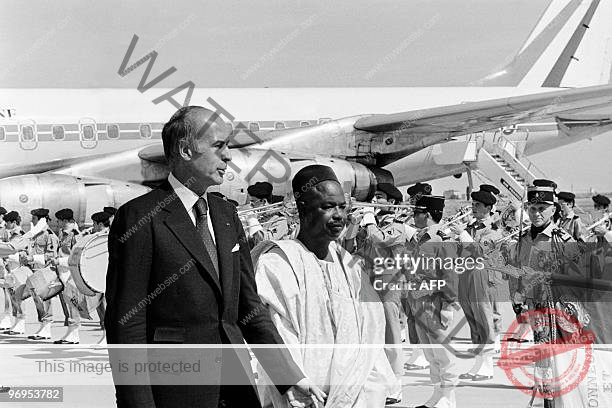
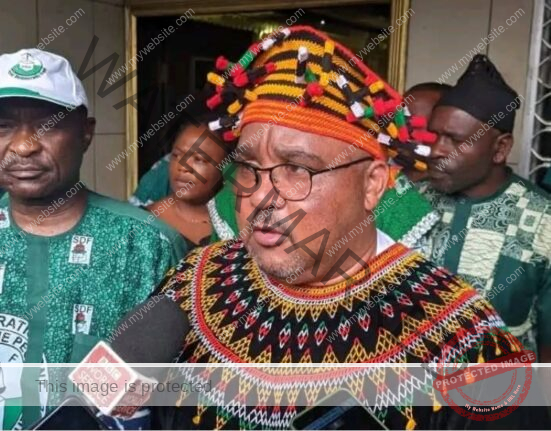
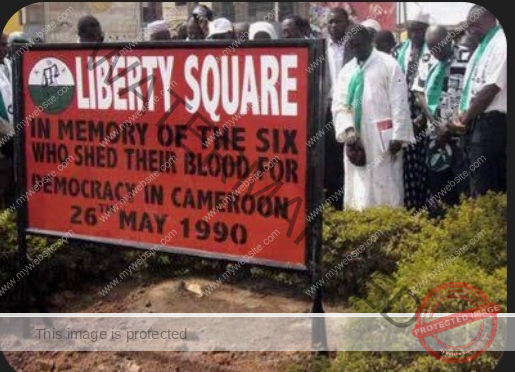


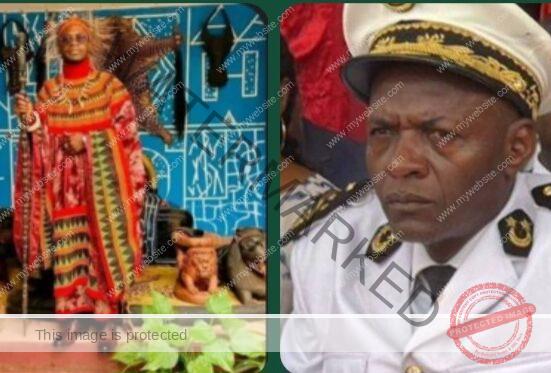
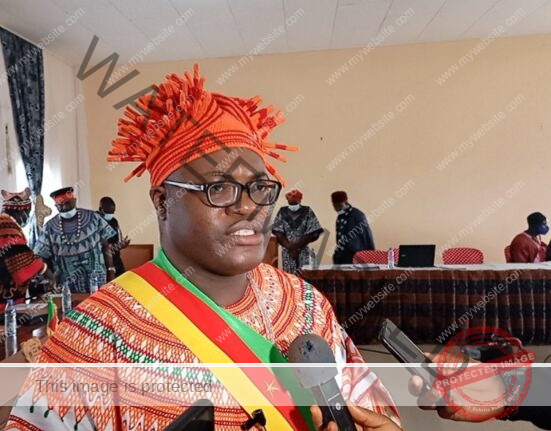

Leave feedback about this